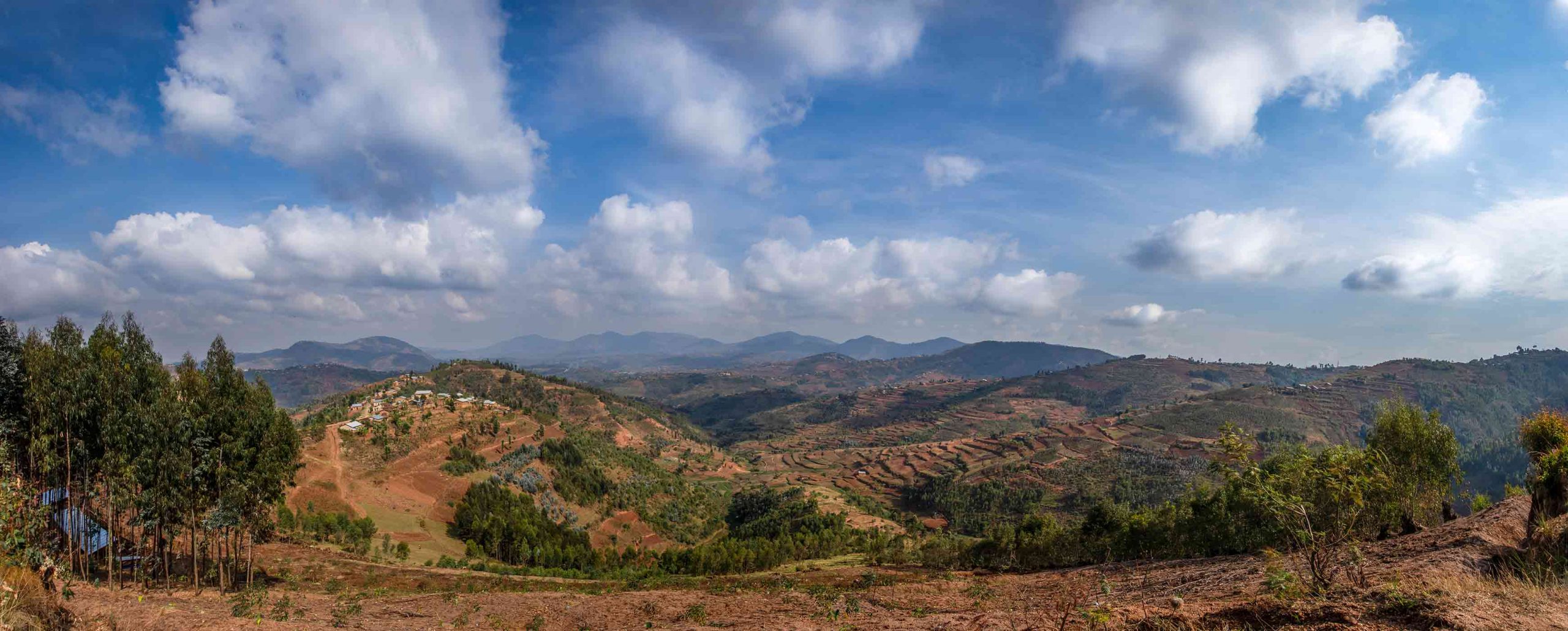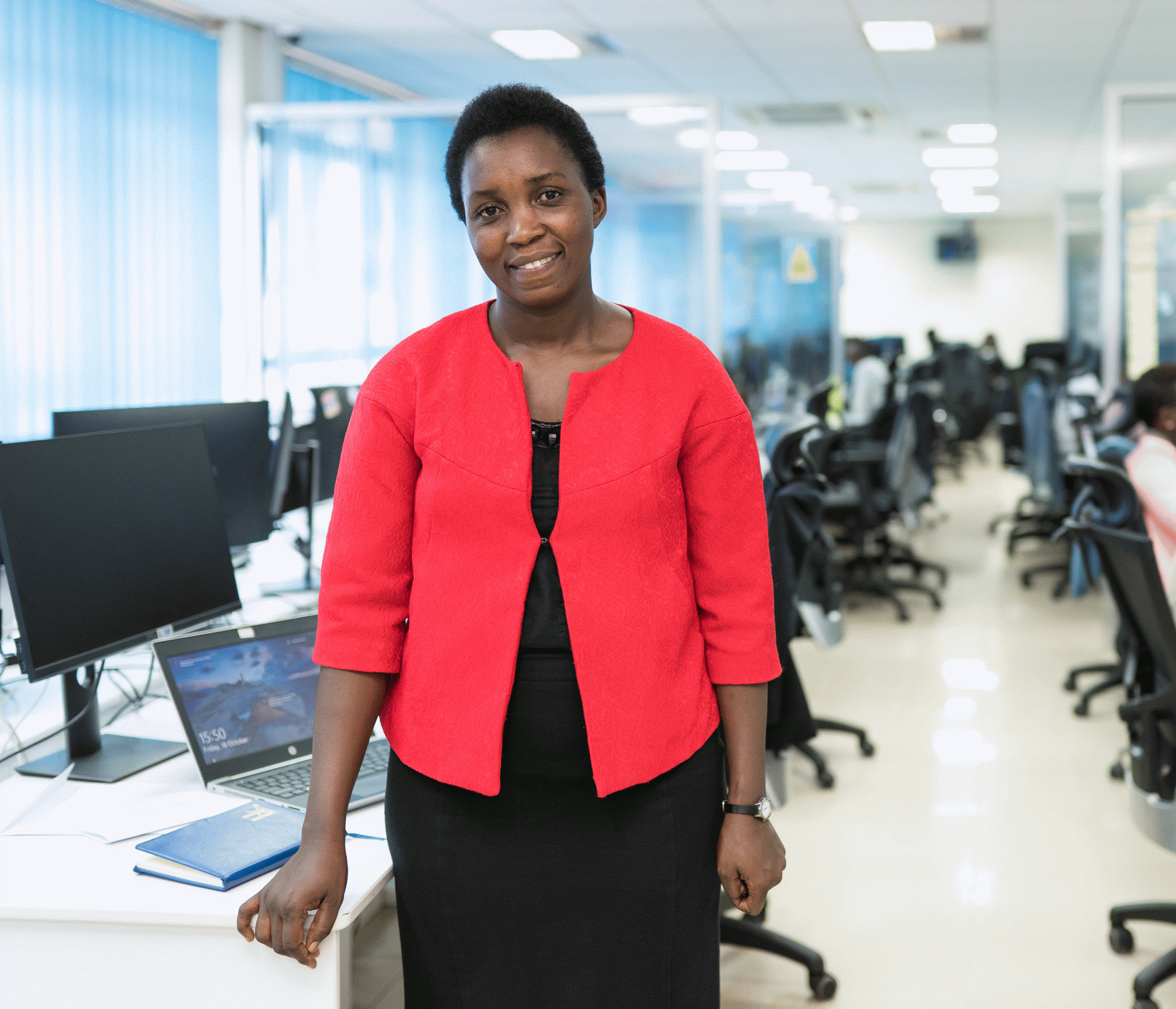ABOUT US

Light manufacturing is an essential part of industrial development, also in Rwanda. It has the potential to create productive jobs and transform Rwanda’s economy in line with the ‘Made in Rwanda’ policy and the National Strategy for Transformation. The share of manufacturing in Rwanda’s gross domestic product has already increased since 2018, despite the Covid-19 pandemic. Considering that the Rwandan government backs its sectoral development priorities with public investments, this growth momentum is expected to carry on.
However, a poor business environment prevents leveraging growth in light manufacturing for a sustainable economic transformation and thus higher-quality, gender-inclusive employment. Micro, small and medium-sized enterprises (MSMEs) lack access to financing, skilled workers, and the technical and entrepreneurial knowledge for developing business models with long-term viability.
Together, we work towards a prospering light manufacturing sector in Rwanda to help create more and better jobs

We aim to create jobs and enhance the competitiveness of MSMEs and cooperatives in the light manufacturing sector in line with the principles of inclusiveness, productivity and environmental sustainability. Our focus areas include furniture production as well as wood and metal processing. We follow an integrated approach to employment promotion, consisting of
SKILLS
DEVELOPMENT
We improve the quality of technical and vocational training and education (TVET).
CAPACITY
STRENGTHENING
We strengthen the
capacity of key sectoral
institutions.
PRIVATE SECTOR
DEVELOPMENT
We improve the competitiveness of small and medium companies and cooperatives.
REFUGEE
INCLUSION
Rwanda has been hosting refugees for several decades. The protracted refugee situation and the country’s
Specific focus is on the economic empowerment of women. We foster women’s economic empowerment, providing targeted trainings to increase the number of women-led businesses, improve the working conditions of female employees, and motivate more women to become ICPC members. For example, we not only support the implementation of occupational safety and health standards, but with a specific focus on challenges women face at work. We work closely with the Private Sector Foundation (PSF) to support member companies operating in different sectors, such as tourism and hospitality, offering tailor- made services.
Moreover, we place a specific focus on the improvement of self-reliance of refugees and the host population in Kirehe District. This includes measures aimed at enhancing protection services for refugees, such as access to legal aid and mental and psycho-social support. In addition, interventions aim at promoting the socio-economic integration of refugees and their host communities.
